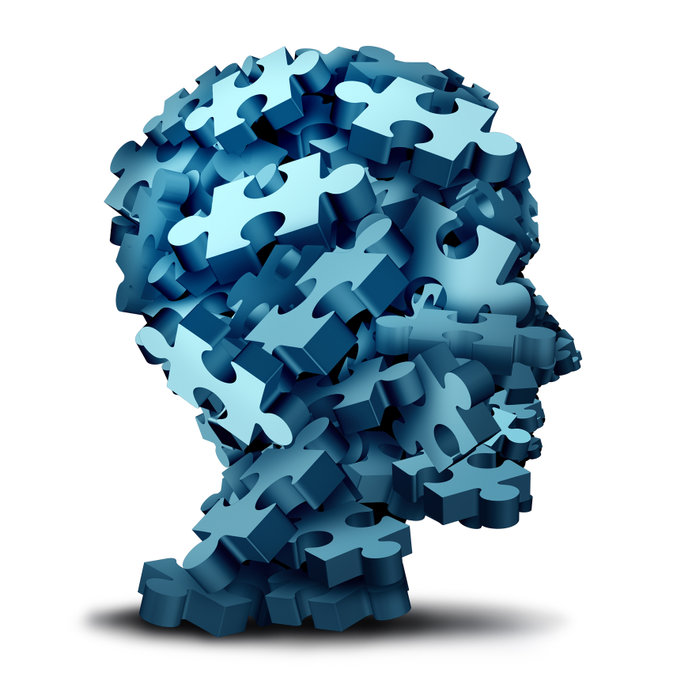Borderline personality disorder (BPD) is a serious mental illness with symptoms including impulsiveness, unstable emotions, relationships with people, and/or with self-image. People with BPD often feel an intense fear of abandonment and feeling suicidal is common. Those with BPD may experience serious distress from their condition. Often, individuals with BPD also experience depression, anxiety, substance-use, or eating disorders as well. BPD is the most studied personality disorder. The cause of BPD is unknown, but is thought to be a combination of genetic, biologic, and environmental factors (such as childhood trauma).
Diagnosis
A doctor can diagnose BPD if at least five of nine specific markers of BPD are found. These markers are defined in the American Psychiatric Association’s DSM-5, or Diagnostic and Statistical Manual of Mental Disorders. The nine traits specific to BPD are:
- Frantic efforts to avoid real or imagined abandonment. (Note: Do not include suicidal or self-mutilating behavior covered in Criterion 5.)
- A pattern of unstable and intense interpersonal relationships characterized by alternating between extremes of idealization and devaluation.
- Identity disturbance: markedly and persistently unstable self-image or sense of self.
- Impulsivity in at least two areas that are potentially self-damaging (eg, spending, sex, substance abuse, reckless driving, binge eating). (Note: Do not include suicidal or self-mutilating behavior covered in Criterion 5.)
- Recurrent suicidal behavior, gestures, or threats, or self-mutilating behavior.
- Affective instability due to a marked reactivity of mood (eg, intense episodic dysphoria, irritability, or anxiety usually lasting a few hours and only rarely more than a few days).
- Chronic feelings of emptiness.
- Inappropriate, intense anger or difficulty controlling anger (eg, frequent displays of temper, constant anger, recurrent physical fights).
- Transient, stress-related paranoid ideation or severe dissociative symptoms.
Treatment
The first thing your doctor should recommend for the treatment of BPD is psychotherapy. Psychotherapy is the mainstay of treatment for BPD and may be targeted to specific conditions a person is experiencing. In addition to psychotherapy, some medications may be useful, especially if symptoms are very severe, cause interference with daily life, and/or are not responsive to psychotherapy alone. The type of medication used for BPD will depend on the symptoms the individual is experiencing.
Mood stabilizers (exs. lamotrigine, carbamazepine, topiramate, valproate, lithium) are used to help with irritability and impulsivity. Omega-3 fatty acids, or fish oils, can be used in addition to the mood stabilizers for impulsivity based on a few trials that showed a possible benefit. Low-dose antipsychotic medications (exs. Olanzapine, aripiprazole, risperidone, quetiapine) can be used to treat irritability associated with BPD. Antidepressants, such as fluoxetine, have been studied but benefit has so far been found to be minimal. Some trials found antidepressants to have a small effect on anxiety and anger.
If you are experiencing any symptoms resembling BPD, especially suicidality, seek medical attention right away. There are professionals waiting to help.
Save up to 80% on the cost of your prescriptions at your local pharmacy with EasyDrugCard.com. Download your free drug card and begin saving today.
Resources:
1) UpToDate
2) American Psychiatric Association. Diagnostic and Statistical Manual of Mental Disorders, Fifth Edition (DSM-5), American Psychiatric Association, 2013.












